Sperm
Male Fertility: Increased Chemical Exposure, Lifestyle Changes Cause Sperm Quality in the US to Decline
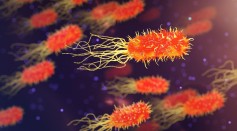
Micro-Robotic Swimmers Inspired by Bacteria, Sperm Cells Could One Day Be Used For Targeted Drug Delivery
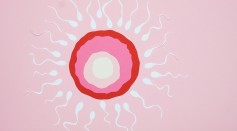
Congenital Heart Disease and Autism in Children Possibly Caused by Sperm Mutation in Older Men

Japanese Sperm Delivery: Freeze-Dried Mouse Sperm Sent via Mailing Postcard Best for Fertility Hypothesis
Sperm Transport in the Genital Tract Shown in Computer Simulation Identify Key Factors for Successful Reproduction
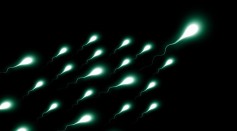
Father's Life Stress Leaves Mark On Sperm, Predisposing Offspring to Poor Mental Health

Oldest Sperm To Date is Preserved in 100-Million-Year-Old Amber
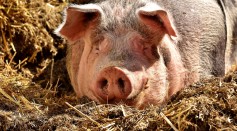
Scientists Create 'Surrogate Sires' to Improve Food Production
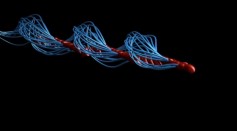
Scientists Disprove 340-Year-Old Belief on How Sperm Moves: Apparently, They Like to Spin

Human Egg Cells Can Get Picky Over Which Sperm Gets to Penetrate Them: Study
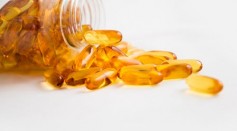
Fish Oil Supplements Tied to Sperm Health
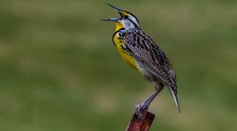
Male Songbirds Do Not Rely on Plumage Color Alone to Ensure Survival, Scientists Say
Frozen Sperm Could Be Transported to Mars, Says Preliminary Study
The UK and Australia Sperm Banks Use Masculine Archetypes to Attract Donors
Most Popular

How Technology Is Changing the Real Estate Industry?

Study Reveals High Turnover in Scientific Research Careers: What This Means for Future Scientists

Nikolay Karpenko Biography, Photo, Career, Accomplishments

How a Plant-Based Diet Can Protect Against Breast Cancer: Insights from Nutrition Research





